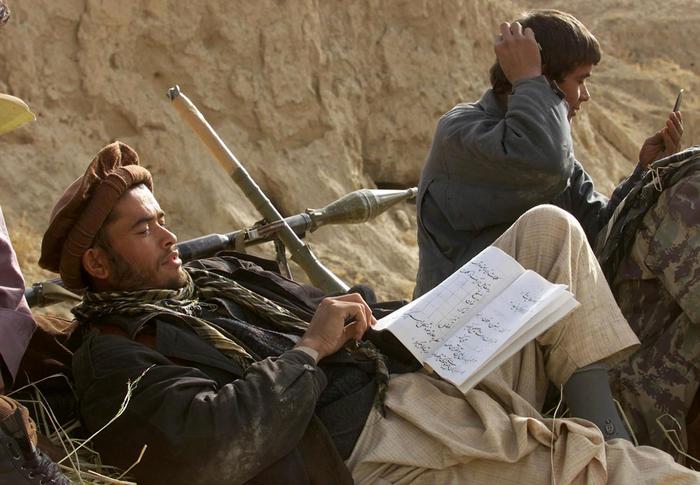(by Alessandra Baldini) President George W. Bush did not know the name of his commander in Afghanistan and did not want to find the time to meet him. Pentagon chief Donald Rumsfeld, by his own admission, had "no insight into who the bad guys were." These and other burning revelations in the wake of the disastrous American withdrawal from Afghanistan are also arriving in Italy. "The Afghanistan Papers" by Washington Post investigative journalist Craig Whitlock will be published on September 30 by Newton Compton under the title "Dossier Afghanistan. The Secret History of War". The book was released in the United States on August 31 and immediately aroused controversy because it puts three presidents on the dock - besides Bush, Barack Obama and Donald Trump - and the military and military leaders.intelligence. Whitlock, three-time Pulitzer finalist, tells a disconcerting story due to the parallels with the Vietnam War, so much so that the "Afghanistan Papers" were immediately compared to the Pentagon Papers that the Washington Post and New York Times obtained from the Daniel Ellsberg mole and which served to mislead the rosy version of the Pentagon on the progress of the conflict in the jungles of Indochina. As the 'Pentagon Papers' changed the public's perception of Vietnam, the "Afghanistan Dossier" contains startling revelations from hundreds of insiders who played a direct role in the war. thus the lies used to justify an endless conflict come to the surface. Over 775,000 US troops have been deployed in Afghanistan since 2001, many repeatedly. Of these 2.300 died and over 20,000 were injured.
The narrative of "Dossier Afghanistan" is based on top secret documents and interviews with hundreds of people who knew that the US government was presenting a distorted, and sometimes completely fictional, version of the facts. The documents were the result of a federal project commissioned to understand the causes of the collapse of the longest war in American history. "They spoke frankly because they thought their statements would never go public," explains Whitlock who took three years to obtain the material using the Freedom of Information Act. Unlike Vietnam and Iraq, the US invasion of Afghanistan after 11 September 2001 initially had almost unanimous support from the public opinion.
At first, the objectives were clear: to defeat al-Qaeda and prevent a repeat of terrorist attacks. However, after only two years and after the Taliban's removal from power, the mission took another path, leaving the US military mired in an impossible-to-win guerrilla conflict. No president wanted to admit failure: on the contrary, Bush, Obama and Trump continued to send troops claiming that progress was being made even though they knew there was no realistic prospect of victory.

